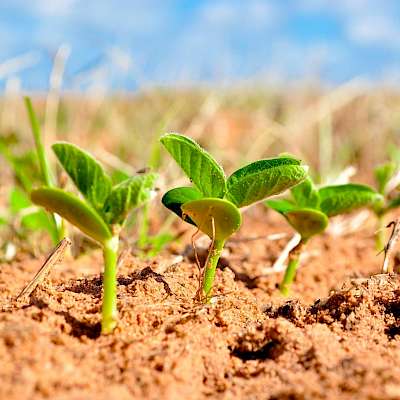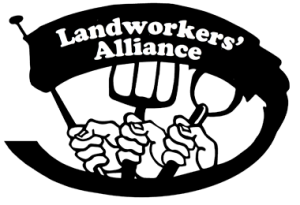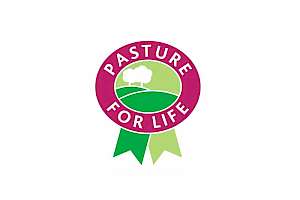Weaning off soy
Soy production today is 13 times higher than it was in the 1960s, with global levels rising from 27 million tonnes in 1961 to 372 million tonnes in 2021. The appetite for this crop has led to widespread deforestation and land-use change in some of the world's most precious ecosystems, namely within South America, and is responsible for habitat loss, damaging pesticide use, the pollution of indigenous land and the widespread displacement of indigenous people.
Improving soy is not enough
Food retailers have recognised the need to improve soy sourcing policies. Agreements such as the Soybean Moratorium have been initiated in a bid to increase the transparency and environmental credibility of the soy supply chain. As of 2021, 40 signatories, including major UK food retailers, committed to the UK Soy Manifesto. In an effort to do more, Tesco, Sainsburys, and Waitrose are financially supporting the Responsible Commodities Facility, an initiative aiming to facilitate the production and trading of responsible soy in Brazil.
But will voluntary initiatives really address the scale of the challenge? Some have suggested that we need to switch the protein source to a locally grown option. But what are the trade offs?
The best way to reduce reliance on soy is to eat less meat
In June, Eating Better alliance members, Landworkers Alliance, Sustain, and Pasture For Life, together with Hodmedod’s, launched a collaborative campaign, Soy No More. The accompanying report emphasises that we need both a transition away from soy, and an increase in UK pulse production. It explores multiple scenarios in which soy destined for animal feed is replaced with either UK grown pulses, or their by-products and food waste. It is clear that there is no simple answer, there are complicated impacts on both our diets, and land-use in each scenario.
It is reported that if we relied on UK grown pulses to replace imported soy, the arable land used for pig and poultry feed production in the UK would have to increase by 60% and 78% respectively. As such, the most advantageous scenario modelled in the report sees food waste, together with crop by-products, such as husks, starch and unprocessed plant parts, utilised as livestock feed. Alongside eating less meat, this would free enough arable land to fulfil dietary protein requirements with UK grown pulses. The overarching message of the report? Achieving a form of sustainable livestock agriculture is reliant on consuming significantly less meat.
The path towards more sustainable meat and dairy means, primarily, taking steps to consume and produce less. Our ‘Better by Half’ roadmap sets out steps to accelerate a 50% reduction in meat and dairy consumption in the UK by 2030, while facilitating a transition to ‘better’ meat and dairy as standard. To achieve this, our Sourcing Better guide offers a clear pathway to the sourcing of ‘better’ meat and dairy, bringing benefits to the climate, nature, and the health and welfare of farm animals through responsible food service and retail sector sourcing. Reducing the use of land suitable for growing human-edible foods, i.e. legumes, for animal feed is essential to achieving this.
We are calling for waste, agricultural bi-products or unwanted biomass to be used as the main source of animal feed, or as supplement to pasture. Reducing our dependence on imported soy, and eating less meat go hand in hand, and are perfectly supported by the developments in UK pulse production.
If pulses are prioritised for human consumption, increasing domestic production could yield great opportunities for improving the health and sustainability of diets in the UK.




